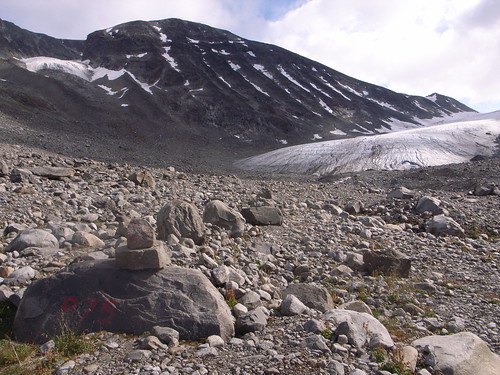
Amazon Digital Editions, May 2011
Splendid Summer is a great romp, funny and fast-moving. Grace Wentworth is on her way home to Coronado, California after completing Finishing School in Europe in the 1920s. "Home" is with her Uncle Charles and Aunt Alice, because her parents died when she was a young child. On the way, she meets Jack Brewster, Pinkerton detective in charge of security for much of Coronado, and his cat, a deaf white Persian named Tatania.
She's also getting a series of rather strange and disturbing telegrams from Uncle Charles. When she goes to the train telegraph office to send a return telegram, she and Jack find the telegraph operator has been murdered.
Splendid Summer is a great romp, funny and fast-moving. Grace Wentworth is on her way home to Coronado, California after completing Finishing School in Europe in the 1920s. "Home" is with her Uncle Charles and Aunt Alice, because her parents died when she was a young child. On the way, she meets Jack Brewster, Pinkerton detective in charge of security for much of Coronado, and his cat, a deaf white Persian named Tatania.
She's also getting a series of rather strange and disturbing telegrams from Uncle Charles. When she goes to the train telegraph office to send a return telegram, she and Jack find the telegraph operator has been murdered.













